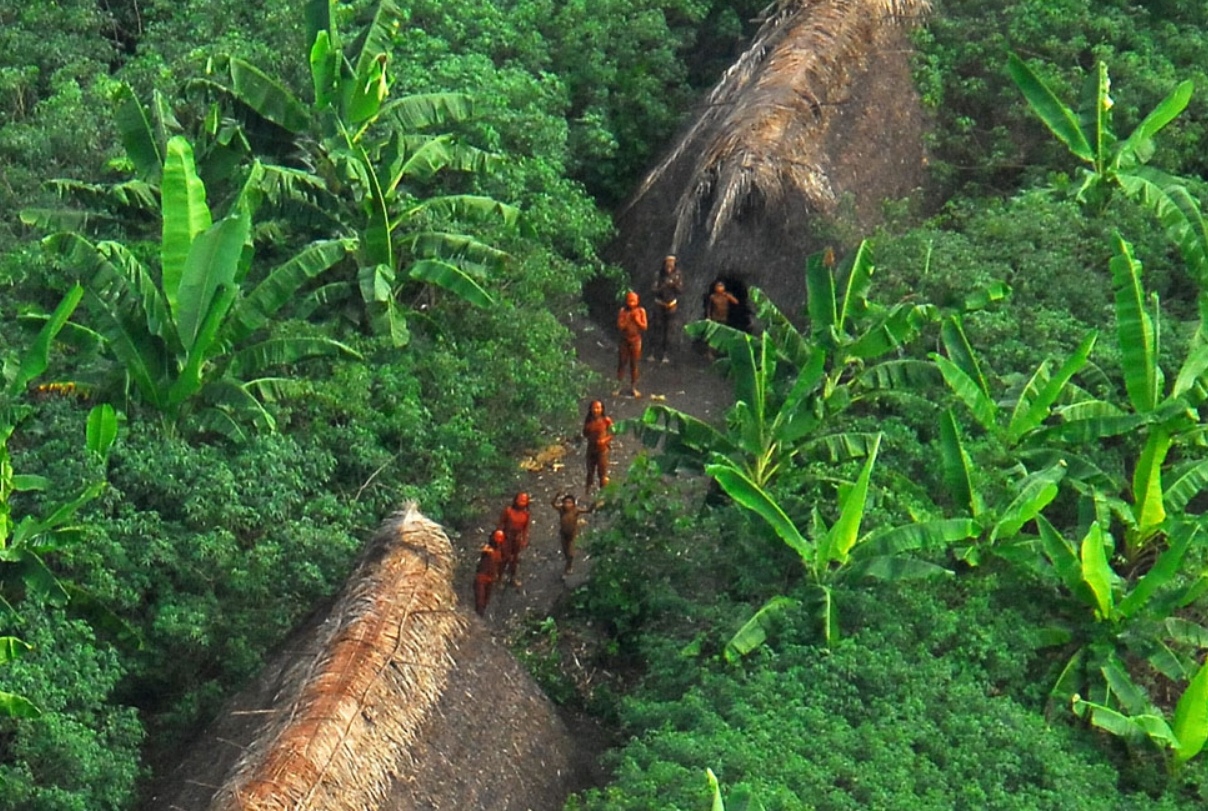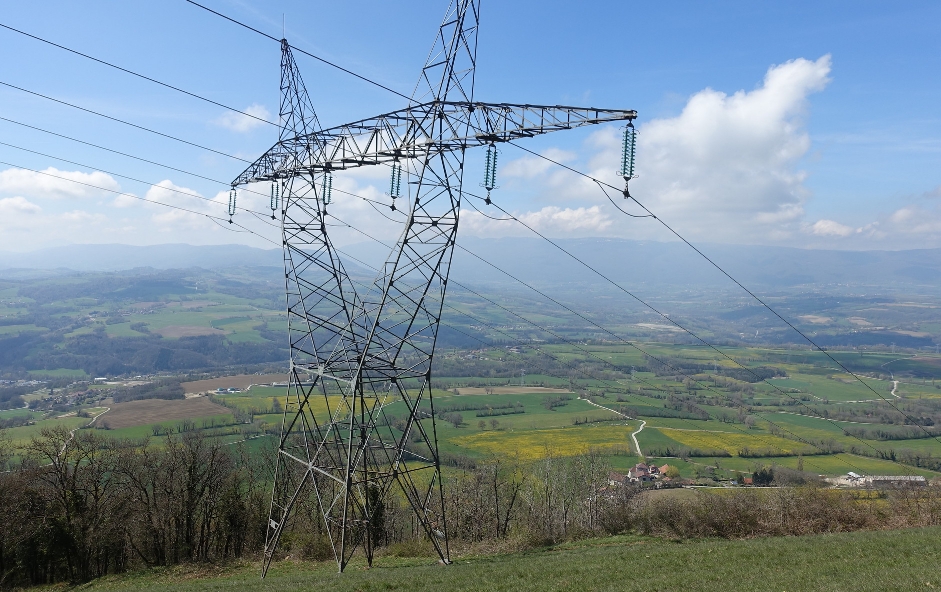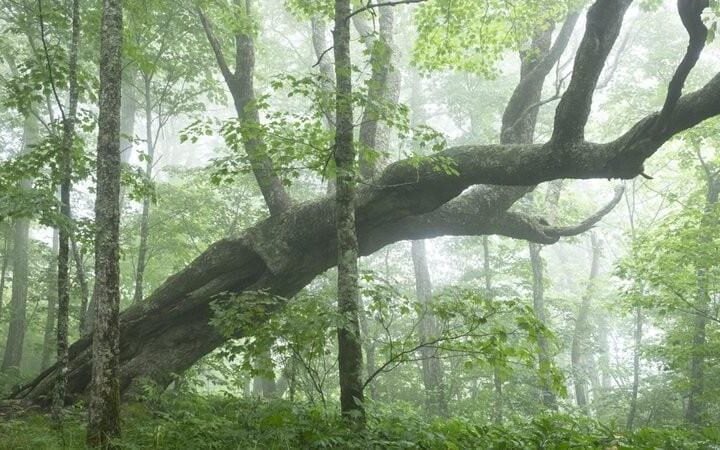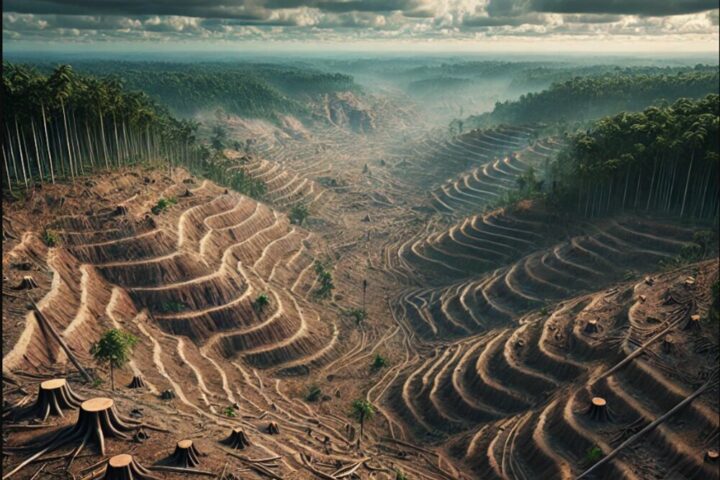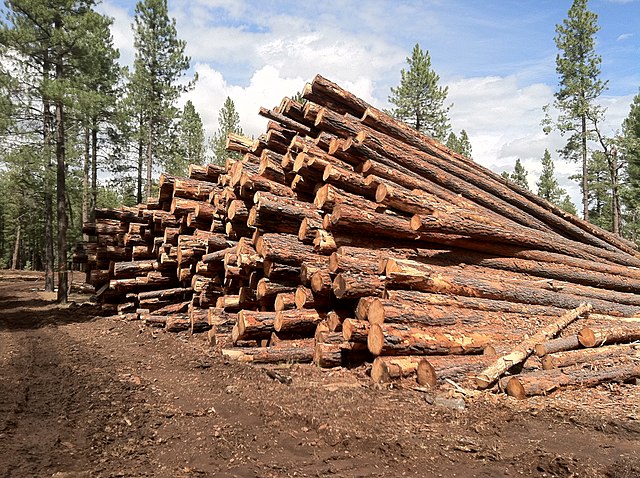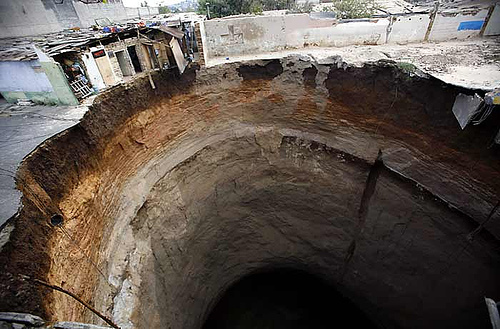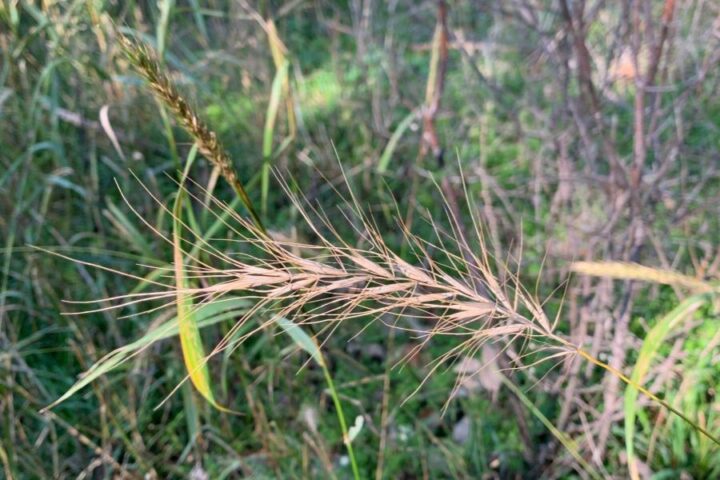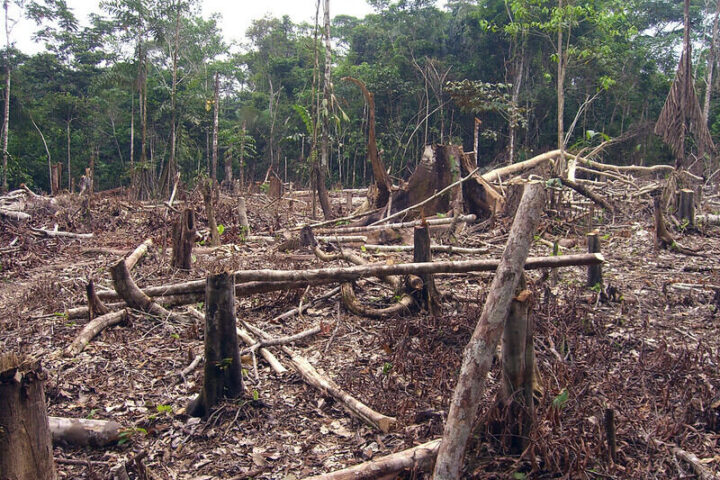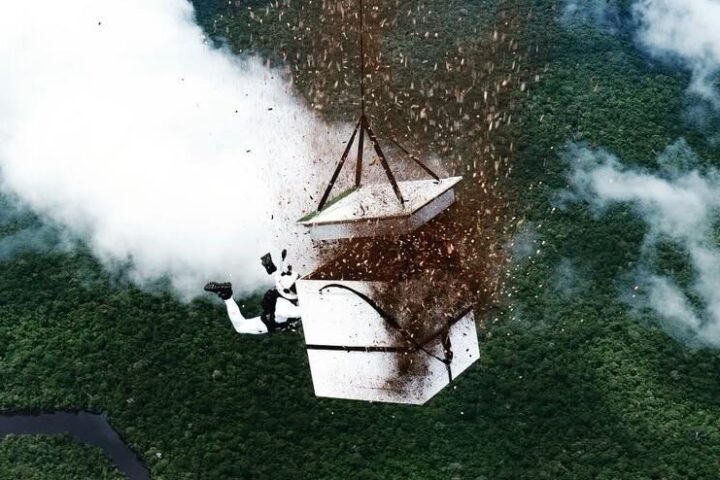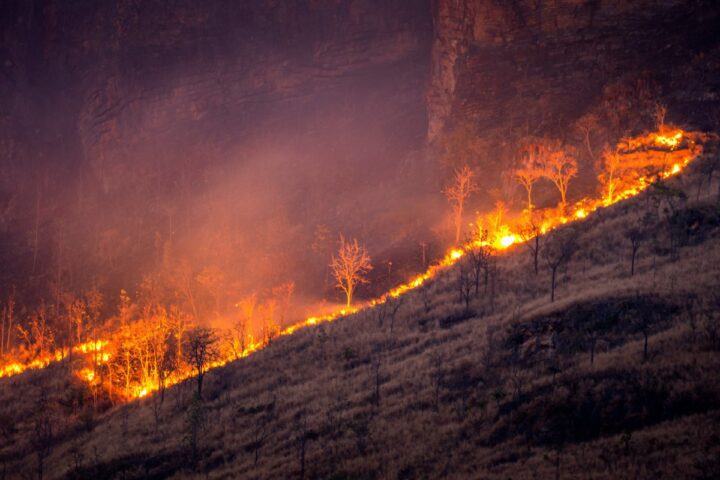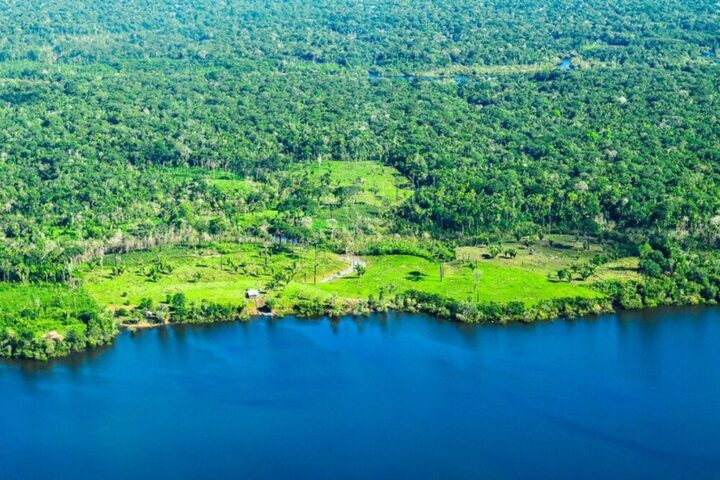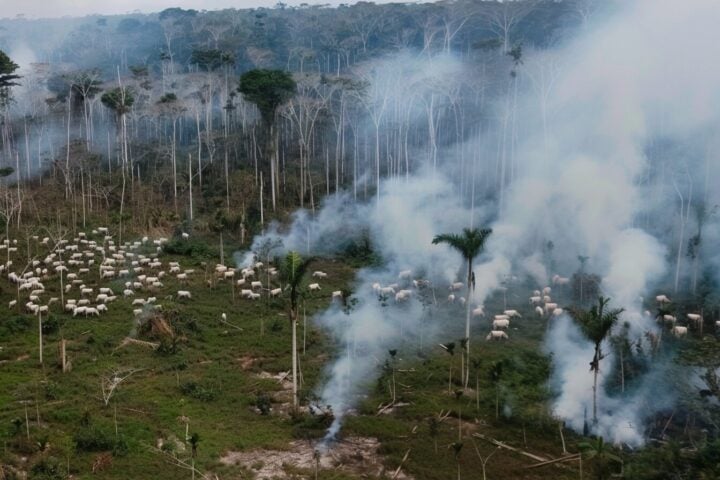Forest also known as the lung of the earth and a source of so many unique species – again and again, is at risk. However, when the world is plunged into darkness, there is still a ray of light – the tribes who have always protected this area. This article looks at some of their past practices in conserving their forests, the problems they face and the battle they continue to wage on sustainable forest management.
Indigenous Knowledge: A Legacy of Sustainability
Indigenous peoples have lived in the Amazon region for millennia and have been residing there in complete symbiosis with nature. As for the pre-harvesting, their highly-developed skills and knowledge of the rainforest’s equilibrium can be observed. They are selective logging, intensive farming, particularly crop rotation that is used to restore the nutrient layer of the land, and light burning to control the undergrowth to avert fire outbreaks. With such knowledge, an extra measure of respect is paid to the cyclic beats of the structure, a measure by which the rainforest might renew itself and go on producing its forthcoming riches.
Deforestation and Illegal Activities
The Amazon rainforest is surrounded by people who are looking to explore forests for logging, mining and agricultural activities for the sale of produce which are some of the main causes of deforestation. These activities not only negatively affect the rainforest but also deprive indigenous people of their ancestral land and their way of life. Furthermore, other antisocial practices such as poaching and wildlife smuggling pose a huge disadvantage to the environment and disrupt the ecological balance.
Similar Posts
Indigenous Resistance: Fighting for the Amazon’s Future
Indigenous communities are not spectators, they are fighters in the frontline defending their homes against intruders. Whether creating partnerships and boycotts or participating in diplomatic lobbying, they share information about Amazon’s state. It is evident in their direct involvement in conceiving and resolving problems connected with the further utilization of forests for sustainable development.
Examples of Successful Initiatives Led By
Several indigenous-led initiatives
A number of cases led by indigenous peoples evidence the strength of their customary ways. The indigenous peoples of Yanomami in Brazil, for example, use satellite technology to map the rates of deforestation in their territories. In other parts of the world, the Indigenous of the Amazon basin, particularly the Kayapó, has developed Indigenous Protected Areas that show good governance and conservation.
The health of these peoples and the organisations defending their rights are key to the future of the Amazon. Standing for sustainable forest use is not some exotic tropical realm, it is the fight for the climate and species in our planet.
